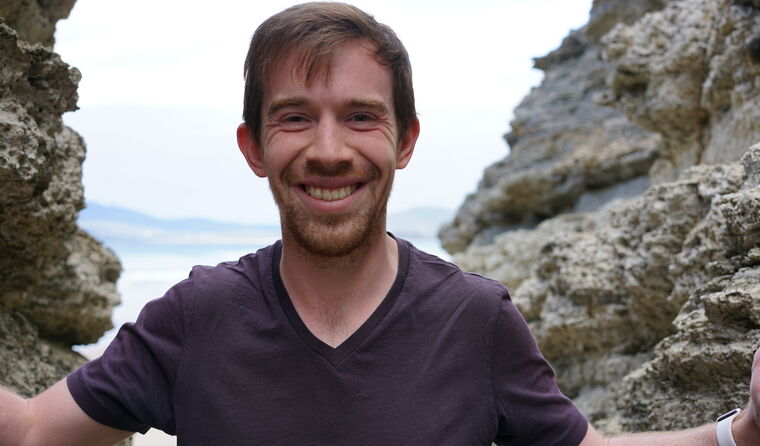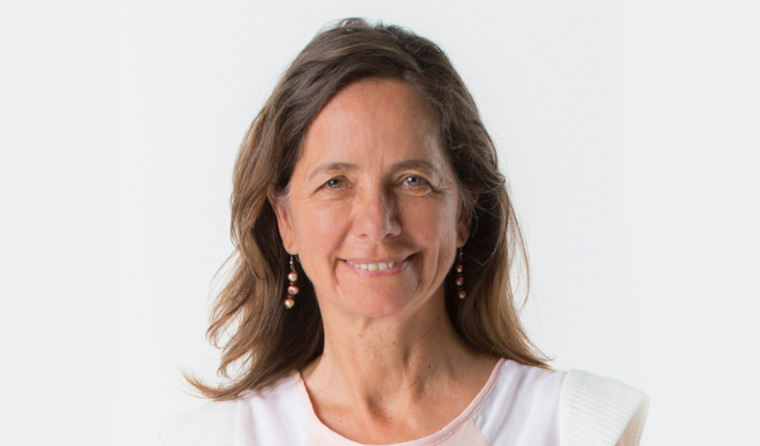Feature
Why GPs consider leaving general practice. And why they stay
It is not uncommon for doctors to think about walking away from general practice, but newsGP speaks to two who are glad they didn’t.
 Being overwhelmed with paperwork and the overall medical ‘system’ is one reason GPs consider switching professions.
Being overwhelmed with paperwork and the overall medical ‘system’ is one reason GPs consider switching professions.
Every few months, Tasmanian GP Dr Tim Jones questions his decision to continue working in general practice.
‘Certainly it’s been a recurring feeling from time-to-time,’ he told newsGP.
‘It does happen reasonably frequently.’
His dissatisfaction does not stem from patient care, nor the actual medicine involved in being a GP.
‘Often, it’s because of the system,’ he said.
‘For me, my general dissatisfaction with general practice is more likely to go up if I feel like I’ve been bogged down with paperwork, if I feel like the medical system hasn’t acted respectfully towards my role or towards the patients that I care for.
‘I think that’s when it can become really dissatisfying because you feel like you sink a lot of work in, and not necessarily get the reward out of it that you hope to.’
Associate Professor Vicki Kotsirilos says he is not alone.
She told newsGP she often gets approached by young GPs who tell her they are considering throwing in the towel and leaving general practice.
‘I try to reassure GPs that we’ve all experienced – to different levels and different degrees – feeling burnt out,’ she said.
Early on in her career, Associate Professor Kotsirilos could envision how she, too, might have been tempted to walk away.
Before becoming a GP, she was a registrar in psychiatry then geriatrics, but felt both fields were ‘too narrow’ and chose general practice because she thought it was an exciting area of medicine.
But while Associate Professor Kotsirilos enjoyed the variety offered in general practice, she soon realised how demanding the job was.
At that stage in her career she was working five or six days a week, and credits a decision to instead only work on non-consecutive weekdays for ensuring her continuity in the profession.
On the other two days, Associate Professor Kotsirilos does not do any medical work and prefers to spend her time in nature, going for walks, meditating, practicing yoga, working on her vegetable garden and being involved in revegetation with local environmental groups.
‘That helps me to recharge on those days, so that when I do go to work I feel a lot stronger,’ she said.
Since cutting back to part-time work, Associate Professor Kotsirilos has never questioned her decision to stay in general practice and tries to impart that feeling when talking to recent GP graduates.
‘I encourage young doctors not to give up so easily,’ she said.
‘What I usually say to young doctors, or any GP who’s feeling burnt out or wanting to leave general practice … is ensure your life is balanced.
‘Are you working too hard or long hours? And if you are, reduce your hours, have longer lunch breaks, take walks during your break, even if it means just walking around the block at work.
‘Just make the changes, and the rewards come through.’
She says it also helps to remember that feelings of dissatisfaction and burnout are not unique to general practice.
‘There’s burnout in other careers as well,’ she said.
‘It’s often when you’re overworked. For example, people in the business sector, executives, teachers – they all can suffer burnout and want to change career.’
Before becoming a GP, Dr Jones was in the paediatric training program and he often wonders if the grass is greener on the other side.
‘There’s a part of me that still plays the “what if” game,’ he said.
‘Would I be happier as a paediatrician? But ultimately a lot of the institutional issues that frustrate me were the reasons why I left paediatric training; they’re a bit more endemic to medicine and our culture.’

Every few months, Dr Tim Jones questions his decision to continue working in general practice.
Dr Jones is not the only GP he knows to question the decision to stay in the profession, saying there is an air of ‘general dissatisfaction’ among colleagues in his lunchroom at work that has been growing since the pandemic started.
This assessment appears to be supported by the results from newsGP’s first weekly poll, in which nearly half of all respondents identified ‘avoiding burnout’ as their main priority over the next 12 months.
Dr Jones says that being at the ‘coalface’ means that when a GP is struggling in a therapeutic relationship with a patient, there are not many avenues available to help address that.
‘Talking to my friends who’ve gone down specialty pathways, if they ever find that their problems become insurmountable or the therapeutic relationship has broken down, it’s very easy for them to say, “Let’s just end this relationship and go back to your GP”,’ he said.
‘Whereas we generally don’t have that recourse available to us.’
But even though Dr Jones has grappled with challenges as a GP, there are two main reasons why he would never walk away from the job.
‘The first reason is that the patients are awesome,’ he said.
‘You can go on journeys with them, you can watch them grow and move towards health and get better and see really amazing things happen.’
 Dr Vicki Kotsirilos credits a shift to part-time work as helping her avoid burnout and remain a GP.
Dr Vicki Kotsirilos credits a shift to part-time work as helping her avoid burnout and remain a GP.
For example, he says one of his patients who he has looked after for seven years, who was one of his highest opioid users when he met her, has recently stopped her last schedule 8 opioid.
‘And she did it with great joy and happiness and achievement,’ he said.
‘You just look at those journeys and go, “No one else can go on that journey”. It’s fantastic.’
Associate Professor Kotsirilos echoes that sentiment, saying one of the main reasons she loves her job is because of the satisfaction of caring for patients throughout their lifetime.
‘We often follow people up from birth to old age and there’s not many careers that do that,’ she said.
That continuity of care leads to meaningful patient–doctor relationships.
‘People really value their GP, especially when they’re seeing you for many, many years … and that relationship with our patients is so precious,’ she said.
The other reason Dr Jones would never walk away from general practice is because of how inspired he feels by his colleagues.
‘There’s an element of shared suffering in general practice because you often surround yourself with colleagues with similar values,’ he said.
‘You see the fact that a lot of issues you struggle with, they do as well, and the fact they can still really deliver inspiringly good care and maintain some semblance of balance is incentive to say, “It’s a really hard job, but that doesn’t necessarily mean it’s the wrong job”.’
Associate Professor Kotsirilos agrees, saying good mentors can also help support young doctors to cope with general practice, as can exploring avenues that combine general practice with other work.
‘Balance it out with some other exciting work,’ she said. ‘Maybe medical writing, medico-legal work, or running groups for patients like lifestyle groups, nutrition, diet, weight loss; something to bring a bit of variety to general practice because it fits in very well.’
In Dr Jones’ opinion, GPs tend to have the mindset that, once decisions are made, ‘we have to stick with them’. But he believes now is a good time to consider some experimentation, such as locum work in a different area or swapping between urban and remote settings.
‘You’ve got such amazing flexibility with general practice,’ he said.
‘Look at how many sessions you’re doing, how much you want to be remunerated for the work that you do and some of those [issues] contributing to why you feel pain in the profession.
‘Change can be just as good as a holiday for so many of us in the profession.’
Log in below to join the conversation.
burnout general practice stress wellbeing
newsGP weekly poll
Within general practice, do you think there are barriers to providing flu vaccinations? If so, what are they?